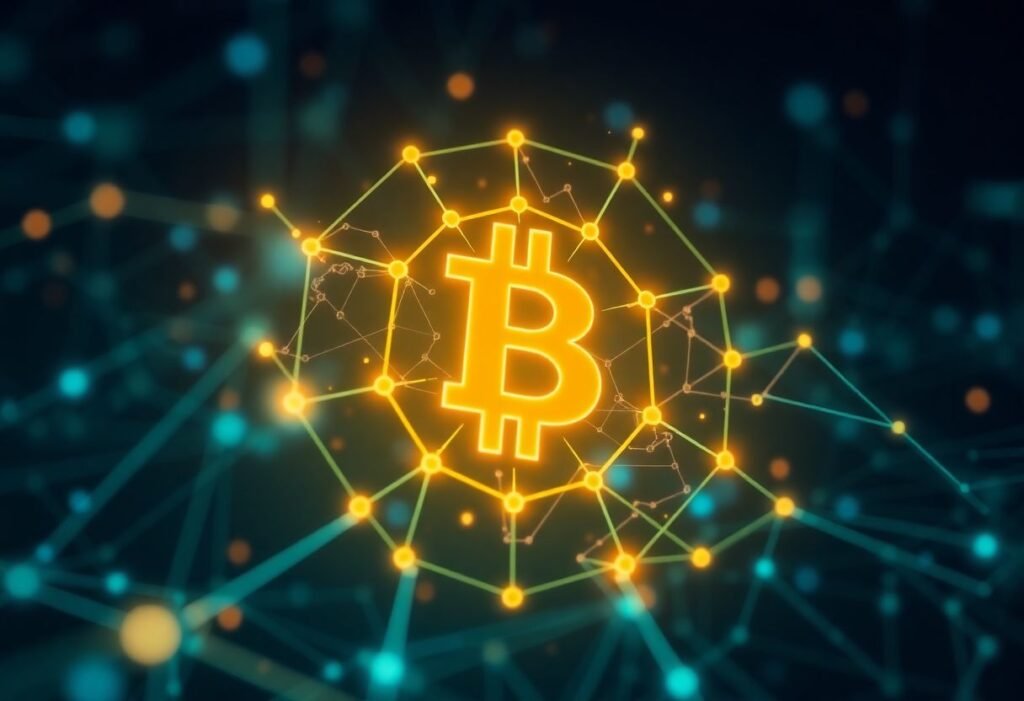The future of blockchain technology is poised to revolutionize digital rights management, presenting innovative solutions for content creators, distributors, and consumers. As the digital landscape evolves, the need for efficient and secure means to manage copyrights and ownership of digital assets has become paramount.
Innovative Solutions for Digital Rights Management
Blockchain offers a decentralized and transparent framework for digital rights management (DRM). Through smart contracts, artists and content creators can directly control their intellectual property, ensuring that they receive fair compensation for their work. This innovation minimizes piracy and copyright infringement while allowing for real-time royalty distribution, which is a significant shift from traditional DRM practices.
The Role of Decentralization in Copyright Protection
Decentralization is a key feature of blockchain technology that enhances copyright protection. By using a distributed ledger, every transaction involving a digital asset is securely recorded, creating an indelible audit trail. This feature allows creators to maintain proof of ownership and track how their content is used, reducing the likelihood of unauthorized use. As more stakeholders acknowledge this benefit, the adoption of these decentralized solutions is expected to grow.
Empowering Artists and Creators
One of the most significant impacts of blockchain in DRM is its potential to empower artists and creators. By cutting out middlemen and allowing direct transactions with consumers, artists can establish a direct relationship with their audience. This shift enables them to retain a larger share of revenue, rewarding their creativity and effort without financial intermediaries siphoning off profits. Such empowerment leads to a thriving creative ecosystem that fosters innovation.
Challenges Facing Blockchain-Based DRM
Despite its potential, the integration of blockchain into digital rights management is not without challenges. Issues like scalability, interoperability with existing systems, and regulatory hurdles need to be addressed. Furthermore, the technical complexity of blockchain may deter some creators from utilizing these solutions effectively. Overcoming these barriers is crucial for the mainstream adoption of blockchain in DRM.
Future Trends in Blockchain Innovation
As blockchain technology matures, we can expect several trends to shape the future of digital rights management. Increased collaboration between technology providers and content companies will likely drive the development of user-friendly platforms that simplify the adoption process. Additionally, advancements in blockchain scalability and speed will make it easier for high-volume transactions, ensuring that even large-scale content distributors can leverage this technology.
The Global Impact of Blockchain on DRM
The global implications of blockchain in digital rights management are profound. Countries with developing economies can particularly benefit, as blockchain can provide greater access to content while protecting the rights of local creators. Moreover, a decentralized approach to DRM can reduce global piracy rates, allowing for a more equitable distribution of digital wealth. Ultimately, the future of blockchain in DRM holds immense potential for innovation and change.
Disclaimer: This article is for informational purposes only and should not be considered financial or legal advice.





















